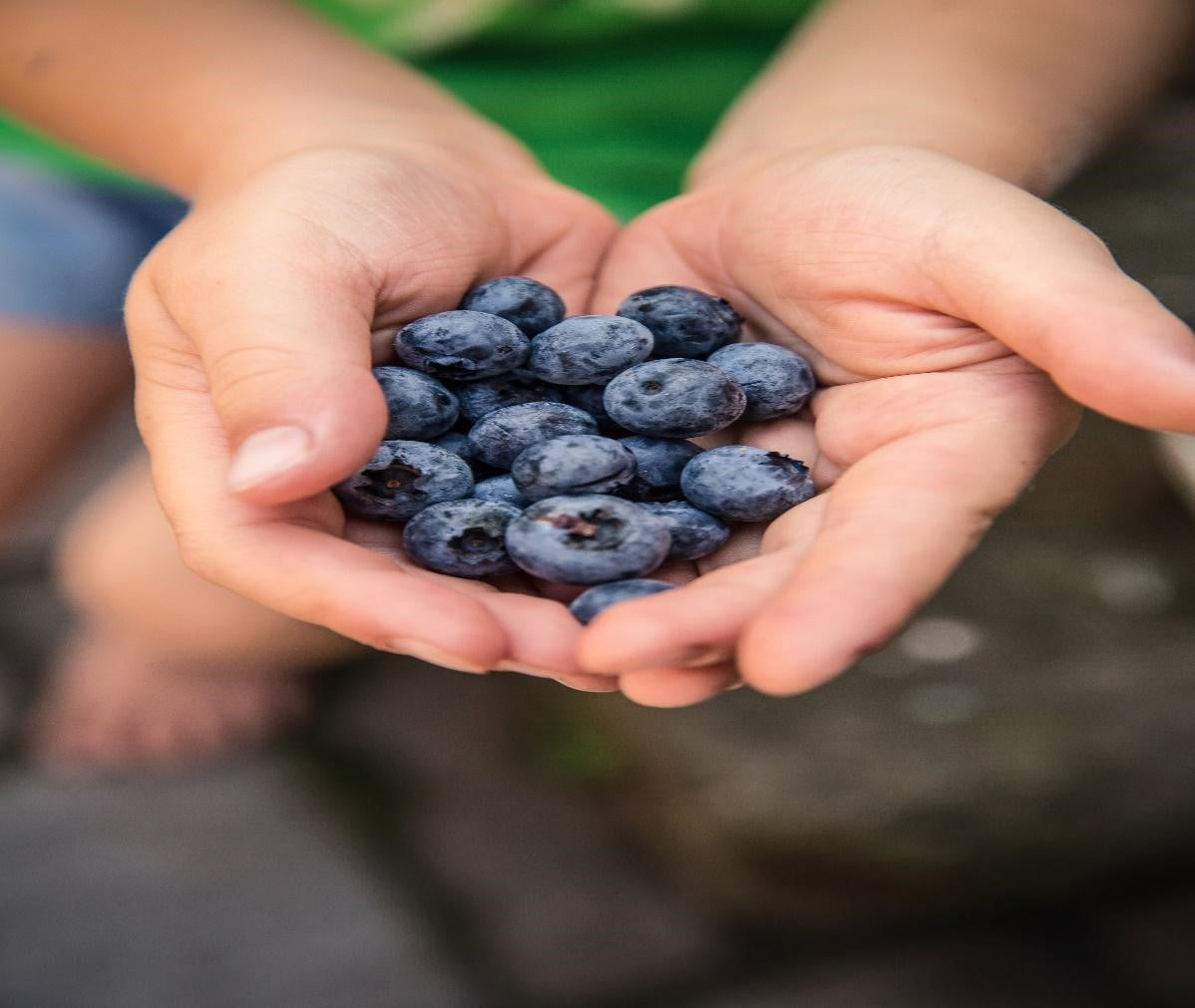
For a fruit that has skin that resembles that of a reptile, particularly an alligator, avocados have surprisingly amazing health benefits even while being regarded as a fruit with fatty content. They are also packed with other nutrients such as magnesium, potassium, folic acid, vitamin C, vitamin E and even fiber. For such a delicious fruit, it sure packs a lot of nutrients that are beneficial to humans.
Can Ducks eat Avocados?

No, you really shouldn’t feed your ducks avocadoes. While they are incredibly healthy for humans, they can potentially poison ducks and result in life threatening conditions and in some cases, can cause death. No part of the avocado (from the leaf, to the stalk to the pit to the pulp itself) are potentially dangerous to the duck.
Avocados contain a toxin called persin and while its skin contains most of the toxin, the flesh of avocados contain just as much persin. Ducks ingesting avocados can result in fluid accumulation in the heart and breathing passages, liver damage and even death. The pits of avocados are also toxic to ducks and really should not be fed to most species of birds.
For a long time, feeding avocados to ducks has been a topic of debate between farm breeders and bird owners
Risk Factors of Feeding Ducks Avocados

As stated earlier, all parts of the avocado fruit and plant contain a toxin called PERSIN and although this doesn’t seem to have any effect on the human system, it is very dangerous to the ducks nutritional and physical health. The nutritional benefit gotten from avocados are rendered ineffective for ducks.
Studies have shown that 5% of pure avocado or avocado containing food can kill a small bird in less than 48 hours. Symptoms of toxicity in ducks and birds may include; inability to perch, lethargy, collapse and sudden death.
-
Inability to perch
Perching is an important characteristics for most birds including ducks. Perching could be used for a variety of reasons including, cleaning the beak, taking a rest after a long flight or swim, climbing, rubbing and even standing.
Since ingestion of avocados can lead to lethargy in birds, this results in extreme tiredness in the ducks and leaves them with barely enough energy to do anything.
-
Respiratory Distress
Internally, the toxin PERSIN can cause fluid to accumulate around the lungs and the heart, sometimes going as far as the kidneys. This presence of fluid in the respiratory system (lungs) deprives the organ from oxygen resulting in necrosis (death of the tissue of the organ).
Slowly but steadily, the organs of the ducks erode leaving the duck with various health issues and eventually resulting in death.
-
Liver and Kidney Failure
Feeding ducks avocados during the early stage of their lives (ducklings) can cause irreparable damage to their system and most symptoms are readily caught until they grow into adulthood where it becomes almost impossible to diagnose or treat.
However, major warning signs include frequent urination, loss of appetite, depression, difficulty breathing and overall general lethargic movements.
-
Death
This is usually the end result of most avocado poisoning cases, but if caught early, the duck should be taken to the veterinarian for immediate checkup and treatment.
Can I Feed Ducklings Avocados

NO you may not. Every part of the avocado is deadly to a duck (ducklings and grown ducks). The stem, the plant, the pit, the pulp of the fruit itself should be avoided when feedings. The ducklings are not immune to the effects of the toxin and would most likely than not, end up killing the birds.
Treatment of Avocado Poisoning
Any bird owner at this point should know that birds are very fragile creatures with even more fragile health systems. It is very important to note what diet the duck is fed on, what they eat, what they have eaten and what they will eat in the nearest future.
Planning and researching what they would eat helps greatly in reducing the mortality rate among the birds, and keeps them healthy all year long.
There is no known antidote for PERSIN poisonings, but your local vet should be able to help if the symptoms and warnings are caught early.
If the ingested avocado has not yet been digested, the vet may perform a procedure called CROP LAVAGE, where the crop of the birds is cleared of any avocado particles that may get into the stomach before digestion.
Alternatively, the vet may also administer activated charcoal to possibly negate the effect of the harmful toxin persin before it gets into the bloodstream.
Your local vet may also provide medications to manage the resulting symptoms of the toxin poisoning that may increase the duck’s chance of recovery.
NOTE: It is advised to not practice these treatment procedures yourself as you may most likely end up worsening the effects and end up with a dead duck.
CONCLUSION
While avocados are regarded as an healthy treat for most humans, they are poisonous to a duck’s health. On no account, should a duck be fed with avocados or any avocado containing food.
If you have ducks as pets, keep avocados away from them. Ducks are excellent foragers and will eat most thing that they forage for but they do have the discerning quality of knowing which food is particularly dangerous for them. It is up to you as an owner, to ensure the physical and emotional safety of the birds.
If avocado poisoning is suspected, immediately take the duck to your local vet for possible treatment and diagnosis. Do not attempt treatment by yourself, leave the job to the professionals.



